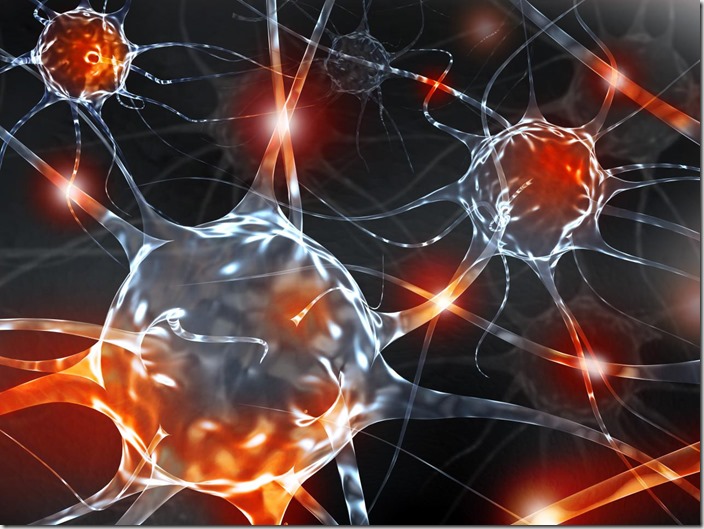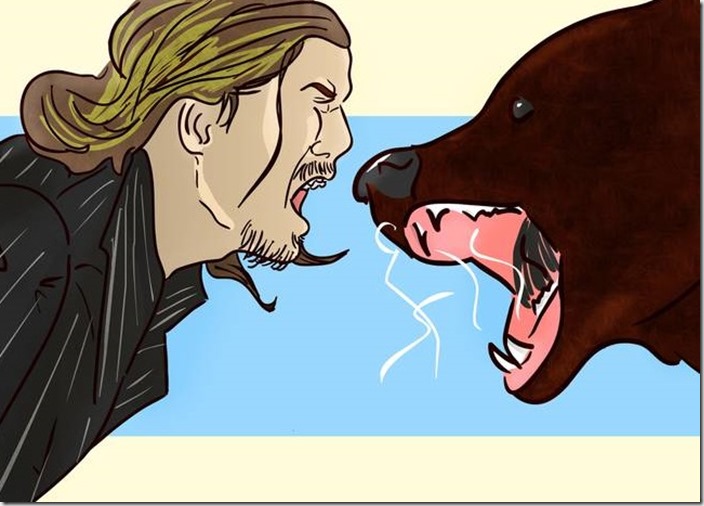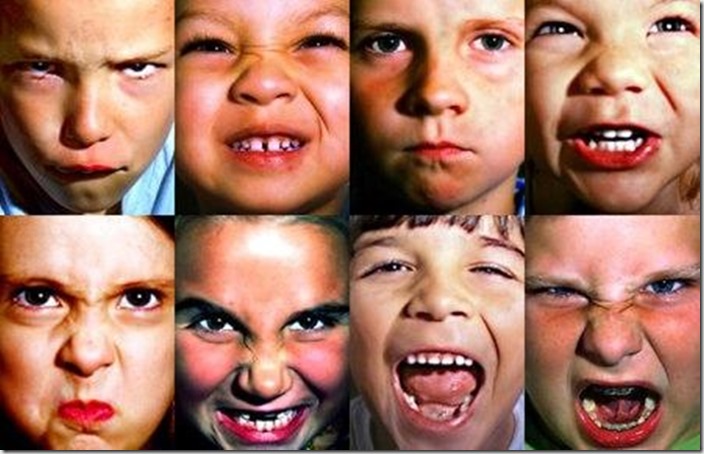What is anger? It is that feeling of exploding energy deep inside of us; the intense irritation that clouds our judgment and heightens our animal instinct. Anger is something we all have experienced. However anger, psychologically speaking, is not a negative emotion. In fact, anger is better than apathy if we know how to deal with it.
Anger gives us energy we may learn to manage and use for our own benefit. But, to be able to do this, first we must know what we are dealing with.
You must realize that you can never run away from anger and live the rest of your life anger-free. Any healthy human is susceptible to anger at any time.
Why Do We Get Angry?
 Anger, unlike most of us perceives it, is just an emotional defensive system that protects us from “a threat” that wronged us in a certain way, or stands between us and our goal.
Anger, unlike most of us perceives it, is just an emotional defensive system that protects us from “a threat” that wronged us in a certain way, or stands between us and our goal.
Here are the most common reasons why we get angry:
- Someone going against something (a principle) we stand for and see as important.
- Facing something that may cause harm to us or our loved ones.
- Having our property mistreated in a way we find wrong and offensive.
- Having our EGO hurt by something/someone.
- Suffering a blow to our place in a social group.
- Losing when money is at stake.
- Being wronged or treated unfairly and feeling powerless to change this.
How Do Our Bodies React in Anger?
 Each of our feelings has a certain impact on our bodies and minds, even if sometimes the impact is so small we cannot perceive the change.
Each of our feelings has a certain impact on our bodies and minds, even if sometimes the impact is so small we cannot perceive the change.
Anger creates Very Similar Physical Profile Like Stress. Our heart rate, blood pressure, blood sugar levels and blood flow to our muscles increases, our nervous system is aroused and we start to sweat.
Anger sharpens our senses and promotes large amounts of adrenaline to be produced.
The adrenaline has a job to prepare muscles for extension and break down glycogen to produce energy.
Our psychological immune system on the other hand, creates a brief mindset to ease the job of our mind.
How Do Our Minds React in Anger?
 We Simplify Complex Information into right and wrong instances and we get urges to act instantly because of the “emergency” we are facing.
We Simplify Complex Information into right and wrong instances and we get urges to act instantly because of the “emergency” we are facing.
This psychological profile is stopping us to over-think or connect too many dots with a purpose to prevent us from wasting valuable time weighing up information that doesn’t instantly affect our safety or well-being.
This is the main reason why we do things in anger that we usually regret later. We are unable to take in consideration the bigger picture for our own safety.
The whole psychophysical image is showing us that when angry, our bodies and minds are preparing for a fight – an action.
Why are We Preparing for a Fight?
 This instinct was developed long ago since we were living in the wild being faced with grave danger every day when, let’s say we faced a bear.
This instinct was developed long ago since we were living in the wild being faced with grave danger every day when, let’s say we faced a bear.
Teaching our bodies to react fast and without questioning was the main reason why we swapped from being the food to hunting the food.
In the modern society today the chance of facing a bear is veeeery little, we can safely say there is no chance. However, our instinct being transferred through our DNA remained the same.
Because our way of living is drastically safer than it was all those years ago the trigger for getting angry lowered its bar from being attacked by a bear to having an argument with your co-worker.
This is why we usually act like savages when we are angry.
What are The Ways We Usually Act when Angry?
 Anger takes many different forms from blinding rage to resentment that festers over many years; we differ from being irritated to Being Pissed Off;
Anger takes many different forms from blinding rage to resentment that festers over many years; we differ from being irritated to Being Pissed Off;
Don’t mistake aggression with anger! Aggression is only one way of expressing anger and suppressing someone from being aggressive may in fact raise their levels of anger.
If you want to help someone to stop being angry go beyond aggression and focus on the anger.
There are 2 main ways of dealing with anger – Constructive and Destructive; opposite of what many believe, anger can be incredibly effective tool if used properly.
Usually people who are morally outraged focus their anger on creating campaigns for change which may lead to a better tomorrow for everyone.
The 4 most common ways of expressing anger are:
- Aggression – usually the case for alcoholics or drug abusers.
- Verbally – often in a form of threatening, shouting, using dramatic words, bombarding with questions or exaggerating.
- Indirectly – by being cynical or making others feel guilty.
- Internally – people may shake physically or even harm themselves when they are alone but they’ll never express their anger around other people.
Internally is the worst and most harmful way to cope with anger. Through this way the anger you feel is just accumulating in your Emotional Baggage and sooner or later it will blow up all at once.
 THE CODE
<Anger is not healthy if experienced too frequently, but it is a positive emotion if we use it for positive changes, it is an emotional defensive system and we cannot run away from it, we must learn how to manage it>
THE CODE
<Anger is not healthy if experienced too frequently, but it is a positive emotion if we use it for positive changes, it is an emotional defensive system and we cannot run away from it, we must learn how to manage it>






